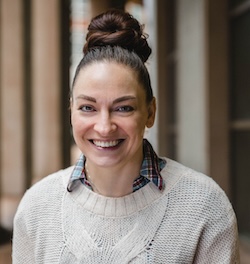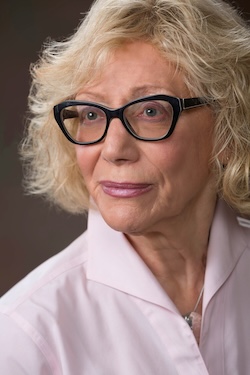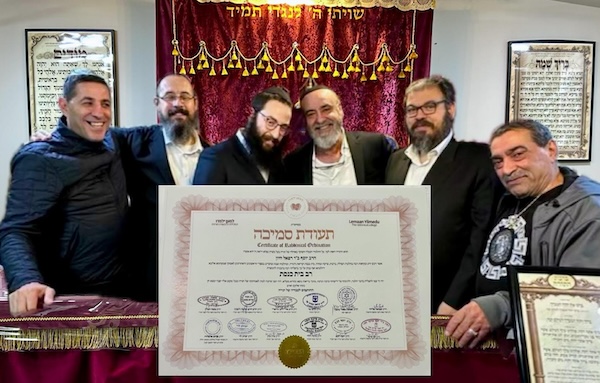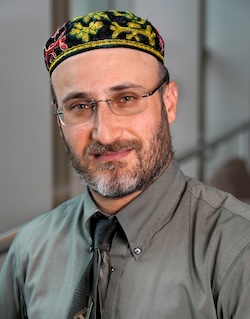Three members of the BC Jewish community have recently been announced as recipients of the King Charles III’s Coronation Medal, which recognizes individuals who have made a significant contribution to Canada or to a particular province, territory, region or community of Canada, or have made an outstanding achievement abroad that brings credit to Canada.

JSpaceCanada executive director Maytal Kowalski received for honour for building spaces for respectful and collaborative dialogue between Jewish, Muslim, Israeli and Palestinian communities in Canada. She is also the co-founder of Press Pause Collective, specializing in inclusive fundraising and marketing.

Danny Redden, president of Royal Canadian Legion Shalom Branch 178, was recognized for the significant contribution he has made to his community. Redden is also national president of Royal Canadian Legion Tuberculosis Veterans’ Section and a member of the Dominion Executive Council, the national governing body of the Royal Canadian Legion.

Senior consultant, author and leader Zena Simces was given the medal in recognition of her “extraordinary dedication, selflessness and service to community and country.” The acknowledgement noted: “Your contributions have made a significant impact on the lives of those around you and have set an inspiring example for others to follow.” Simces has more than 30 years of experience in the health, social services, education, justice and employment areas in government, not-for-profit and private sectors, and is the author of You Can Make a Difference: A Guide to Being a Great Consultant.
* * *

It is with great joy that Klal Israel Sephardic Orthodox Synagogue in Vancouver announces the formal ordination of Rabbi Yoseph Hayun by the Israeli rabbinate.
Born in Israel as the youngest of nine siblings, Hayun emigrated with his family from Libya in 1949. In 1982, he served as a soldier in the Israel Defence Forces and participated in the First Lebanon War. Over the years, he built a warm and loving family, including three sons and three grandchildren.
After moving to Vancouver in 2005, he entered the construction field and began contributing to the local Jewish community. In 2013, he joined the Sephardi synagogue Beth Hamidrash and, in 2017, was elected as its president. At the same time, he served as acting rabbi for a period.
Hayun’s desire to deepen his Torah knowledge and lead a community inspired him to begin independent rabbinical studies in 2020. He co-founded the Klal Israel community with friends and continued advancing his studies with the Chief Rabbinate in Israel.
In September 2024, he was officially ordained as a rabbi by the Chief Rabbinate, marking a significant milestone in his spiritual and communal leadership journey. The celebration event was attended by community members and rabbis from the Vancouver Jewish community.
In his new role as rabbi, Hayun will continue to serve the Klal Israel synagogue, providing spiritual leadership, teaching Torah and offering halachic guidance.
* * *

Michael Zoosman has been awarded the Rabbinic Human Rights Hero Award by T’ruah: The Rabbinic Call for Human Rights, one of the oldest Jewish social justice organizations in Canada and the United States. The honour was given to Zoosman in recognition and celebration of his long and deep commitment to ending capital punishment.
In 2020, Zoosman and Abraham Bonowitz co-founded L’chaim! Jews Against the Death Penalty, which has 3,800 members, both Jewish and non-Jewish, and is an online forum for learning and action. Zoosman also sits as an advisory committee member at Death Penalty Action.
The recognition gala event for this year’s awardees is scheduled for May 20 in New York City.
